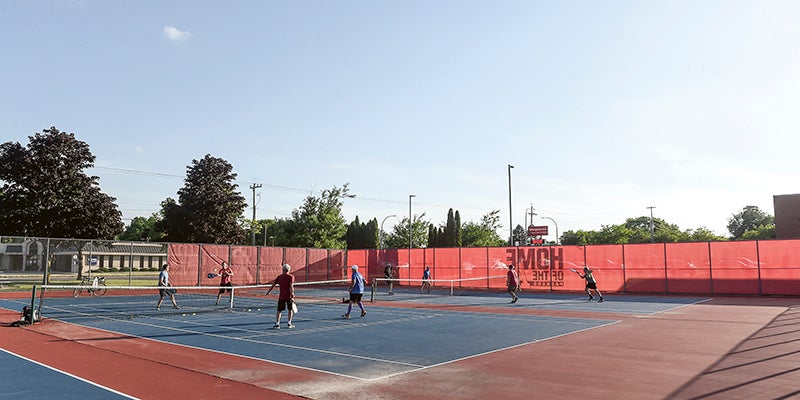Lawmakers hope Dayton OKS teacher licensing changes
Published 7:55 am Wednesday, May 17, 2017
By Christopher Magan
St. Paul Pioneer Press
Members of a joint House and Senate committee made last-minute changes Monday to a bill overhauling how Minnesota licenses educators in hopes it’s enough of a compromise to win the signature of Gov. Mark Dayton.
“I think if the governor does not sign this, he doesn’t understand what it means to compromise and work through language changes constantly,” said Rep. Sondra Erickson, R-Princeton, who co-chaired the committee. “Please, Governor, do sign this, I am stating that publicly because we have worked beyond belief.”
Erickson, a retired educator and former member of the state Board of Teaching, also joked that the overhaul of the educator licensing system would likely be memorialized on her gravestone someday, given all the hours she and others had put into the effort.
State lawmakers and education advocates have been working on fixes to the licensing system for at least a year, though calls for reform have been growing for years. The licensing process has been repeatedly criticized as hard to understand and unfair to some applicants.
The changes would consolidate standards and teacher licensing under a new Professional Educator Licensing Board, create a four-tiered licensing system and streamline the process for applicants trained out of state or in unconventional ways.
After a closed-door discussion among some lawmakers, the joint committee further amended the legislation to limit the number of times a Tier 1 license can be renewed to three unless school leaders can show “good cause” or the teacher works in a shortage area.
Minnesota faces a growing shortage of teachers in disciplines like science, math and special education as well in several areas of career and technical education. Education advocates hope changes to the licensing process will make it easier for school leaders to fill open positions.
The changes came after the overhaul appeared to be at risk when state Education Commissioner Brenda Cassellius said she couldn’t recommend Dayton sign the bill in its current form. Cassellius has repeatedly said the limited qualifications required for a Tier 1 teaching license risked underqualified teachers being put in hard-to-staff schools that serve students who face the biggest challenges.
“We also must retain the professional status of being a teacher,” Cassellius said. “We must not just put a warm body in front of our students.”
Denise Specht, president of state teachers union Education Minnesota, went a step further saying Dayton should veto the bill because it makes it too easy for people with no formal teacher training to become licensed.
“You are not going to solve the opportunity gap by putting untrained teachers in our classrooms,” Specht said.
Republican lawmakers have rejected that argument, saying the Tier 1 license is designed as an entry-level credential and that local school leaders should be trusted to hire the most qualified educators they can find. The Tier 1 license also is a way for working professionals who want to teach career and technical high school courses.
“I have never, ever met a school board member, a superintendent, a principal that hasn’t wanted a qualified teacher leading that classroom,” said Sen. Eric Pratt, R-Prior Lake, co-chair of the committee.
The compromise bill must now go back for votes in the full House and Senate, where it previously received bipartisan support, before it goes to Dayton.
—Distributed by Tribune Content Agency.





